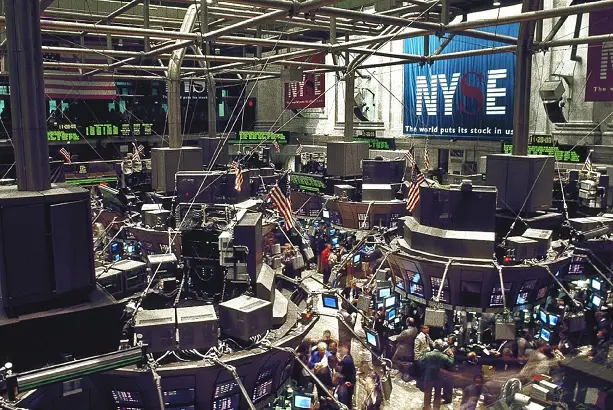Stocks rallied on Friday, a third day of gains that made this the best month for the S&P 500 since November of 2020. The S&P 500 was up 1.4%, the Dow rose 1%, and the Nasdaq rose 1.9%.
For the month of July, the S&P 500 rose 9.2%, the Dow was up almost 7%, and the Nasdaq gained 13%. For the Nasdaq, it was the biggest monthly gain since July of 2020.
The rally happened even as inflation data came in showing inflation hit yet another 41 year high, GDP data came in showing a second straight quarter where economic activity contracted, and the Fed raised interest rates yet another 75 basis points. Some of the investor enthusiasm over the month arose from hopes that slowing economic growth could force the Federal Reserve to ease up on interest rate hikes.
Some were even more enthusiastic. Tom Lee, managing partner and head of research at Fundstrat said, “The biggest takeaway for me on events of this week? Convincing and arguably decisive evidence the ‘bottom is in’ — the 2022 bear market is over.”
Tech stocks led the way upward, as earnings from Apple and Amazon buoyed investor sentiment on Friday. Amazon gained over 10% after its second quarter earnings report Thursday night came in better than investors had feared.
Andy Jassy, Amazon CEO, said in a statement, “Despite continued inflationary pressures in fuel, energy, and transportation costs, we’re making progress on the more controllable costs we referenced last quarter, particularly improving the productivity of our fulfillment network.”
Amazon rose 27%, the biggest monthly gain since October of 2009, and almost enough to undo the damage from the company’s disappointing first quarter report in April.
Apple also gained on Friday, rising just over 3%, after its earnings report for the quarter showed revenues of $83 billion, a company record for a quarter.
Apple CFO Luca Maestri said in a statement, “Our June quarter results continued to demonstrate our ability to manage our business effectively despite the challenging operating environment. We set a June quarter revenue record and our installed base of active devices reached an all-time high in every geographic segment and product category.”
Not all tech stocks soared however. Roku lost 23.1% after disappointing quarterly results. Shares have dropped about 85% over the last 18 months, from its pandemic highs.
Shares of Intel were also down 8.5% after missing quarterly expectations due to what the CEO called, a “very sharp economic swing.”
Not all investors are saying this is the end of the bear rally though. Keith Lerner, chief market strategist at Trust said, “At this point, the market has rebounded over 10% from the mid-June lows. But, given an ongoing slowdown in the economy and earnings risks, our view is that the S&P 500’s near-term upside is limited in the 3% to 6% range (4200-4300) from its current level near 4070.”
Lerner added, “Near the mid-June lows, we discussed that we would not be selling equities given how oversold the market had become. However, with the strong equity rebound since then and our view that the near-term upside is capped, for those investors who are over-allocated to equities relative to their long-term targets, this would be a more reasonable place to trim exposure.”


